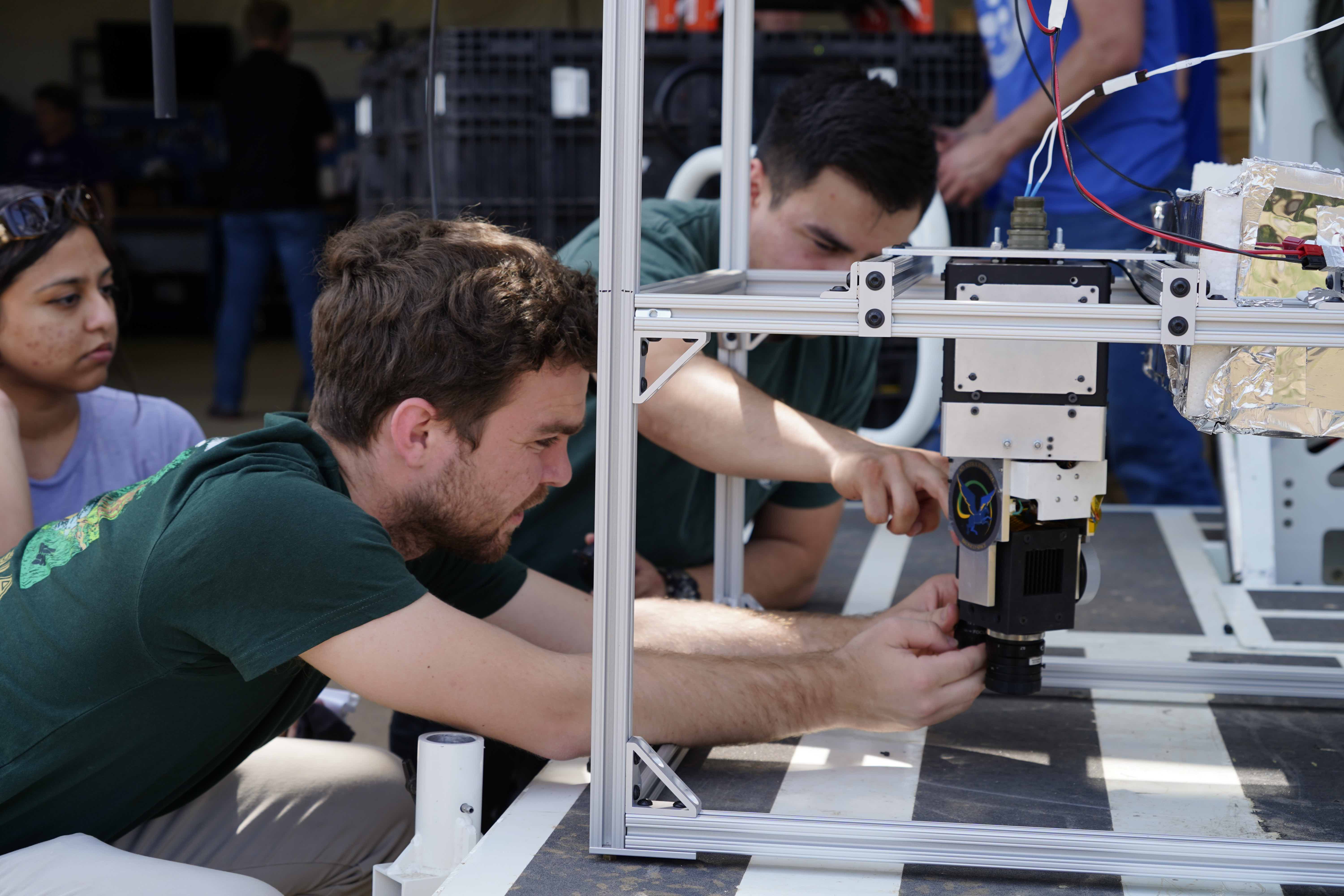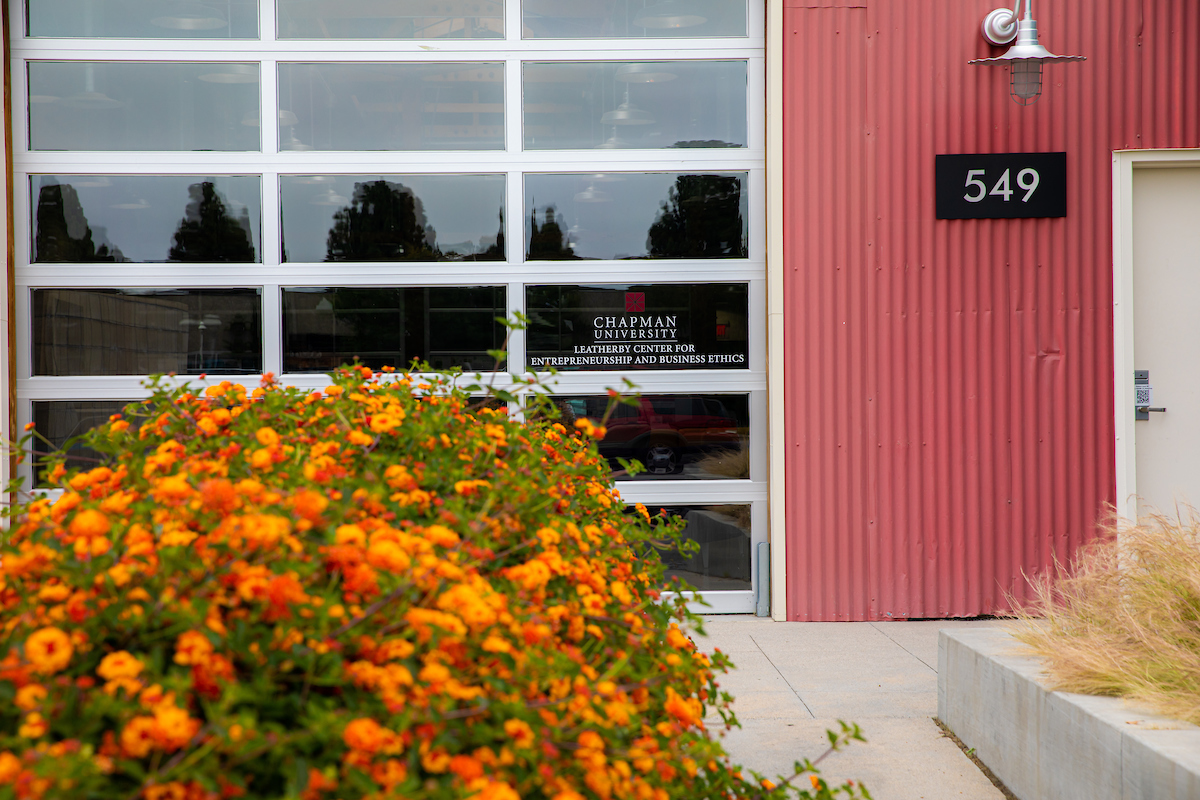NASA’s public competitions have proven to be catalysts for innovation and growth, not only for the agency itself but also for the participants involved. One such success story is that of Bronco Space, the CubeSat laboratory at California State Polytechnic University in Pomona, California. Through their participation in NASA’s TechLeap Prize competition, Bronco Space was able to transform from a humble beginning in a broom closet to a state-of-the-art lab on campus, expanding their capacity to develop space technologies for the future.
The TechLeap Prize, initiated by NASA, aims to rapidly identify and develop space technologies by issuing challenges that address specific technology needs for the agency and the nation. Winners of the competition not only receive a cash prize but also gain access to a suborbital or orbital flight opportunity on a commercial flight platform. In the inaugural TechLeap Prize, Autonomous Observation Challenge in 2021, Bronco Space emerged victorious, winning $500,000. The challenge focused on small spacecraft technologies capable of autonomously detecting, locating, tracking, and collecting data on transient events on Earth and beyond. The team, comprising both undergraduate and graduate students, developed and launched a wildfire detection system named Bronco Ember, which utilized a short-wave infrared camera with artificial intelligence to enhance early wildfire detection capabilities.
Zachary Gaines, a former undergraduate student who participated in the first TechLeap challenge with Bronco Space, has since graduated and now oversees the lab at Cal Poly Pomona. Gaines emphasizes how winning the prize provided the team with the flexibility to invest in their lab and enhance the university’s technology development and maturation capabilities.
The success of Bronco Space continued in 2022 when they participated in their second TechLeap challenge, the Nighttime Precision Landing Challenge. This competition sought sensing systems capable of detecting surface hazards from a height of at least 250 meters and processing the data in real-time to generate a terrain map suitable for safe spacecraft landings in the dark. As one of the three winners eligible to receive up to $650,000 each, Bronco Space developed a system utilizing a light projector to create an initial geometry map for landing. The system then utilized LIDAR, along with advancements in computer vision, machine learning, robotics, and computing, to generate a map that reconstructed lunar terrain.
Building on their experience with TechLeap, Gaines and other team members established the small business Pegasus Intelligence and Space, now known as PRISM Intelligence, and participated in NASA’s Entrepreneurs Challenge. This competition focused on the development and commercialization of lunar payloads and climate science through an entrepreneurial and venture lens to advance the agency’s science exploration goals. PRISM, the company’s technology, is a 3D digital map of the world that utilizes artificial intelligence to make the world searchable. The challenge encouraged Gaines and the PRISM team to bridge the gap between available data and consumer end-users. PRISM was recognized as a Round 2 winner of the challenge, receiving a portion of the $1 million prize as well as exposure to external funders and investors.
Gaines attributes the success of PRISM to his initial experience with TechLeap, stating, “The company wouldn’t have happened if we hadn’t done TechLeap. It helped me understand how to develop technologies for industry.” The company, along with the university, continues to receive support from NASA, with Cal Poly Pomona being selected to receive a two-year funded cooperative agreement through NASA’s University SmallSat Technology Partnership in December 2023.
Reflecting on the journey, Gaines acknowledges the importance of external support in driving innovation and understanding people’s needs. “When people invest in your ideas and continue to support them, they help you get smarter and increase your understanding of people’s needs,” he said. “Building technologies with the goal of a real-world impact is really motivating.”
In conclusion, NASA’s public competitions, such as the TechLeap Prize, have proven to be instrumental in fostering innovation, growth, and real-world impact for participants like Bronco Space. Through these challenges, students and entrepreneurs are not only able to develop cutting-edge technologies but also gain valuable experience and support to bring their ideas to fruition. The success of Bronco Space serves as a testament to the transformative power of NASA’s competitions in advancing space technology and inspiring the next generation of innovators.



















